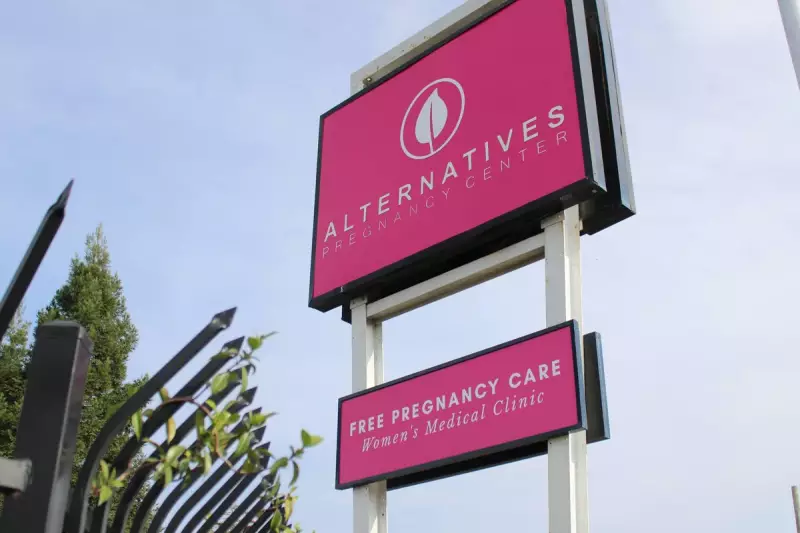
In a decisive move that has reverberated across the American political landscape, the US Supreme Court has rejected appeals from two conservative states seeking to strip Medicaid funding from Planned Parenthood clinics. The rulings represent a major setback for anti-abortion campaigners and a significant victory for reproductive healthcare advocates.
Legal Battles Dismissed Without Commentary
The nation's highest court declined to hear cases from both Florida and Idaho, effectively allowing lower court decisions that protected Planned Parenthood's Medicaid funding to stand. Notably, the Supreme Court issued these dismissals without any published dissent or explanatory commentary, leaving legal experts to interpret the implications.
What This Means for Low-Income Patients
Medicaid serves as a crucial healthcare lifeline for millions of low-income Americans. The court's decision ensures that Planned Parenthood can continue providing essential services to Medicaid recipients in these states, including:
- Cancer screenings and preventive care
- Sexually transmitted infection testing and treatment
- Contraception and family planning services
- General wellness examinations
While abortion services remain a separate legal battlefield, this ruling protects the vast majority of non-abortion healthcare services that Planned Parenthood provides to vulnerable communities.
Conservative Justices Take Unexpected Stance
In a surprising development, three of the court's most conservative justices—Clarence Thomas, Samuel Alito, and Neil Gorsuch—indicated they would have heard the cases. However, they failed to secure the four votes necessary for the Supreme Court to accept an appeal, revealing divisions within the conservative wing.
The Broader Political Context
This decision comes at a pivotal moment in American reproductive rights history. With numerous states enacting increasingly restrictive abortion laws following the overturning of Roe v. Wade, the protection of Planned Parenthood's funding represents a significant check on anti-abortion efforts at the state level.
The rulings suggest that while the Supreme Court has transformed abortion access landscape, it may be drawing boundaries around how far states can go in restricting other reproductive healthcare services through funding mechanisms.





